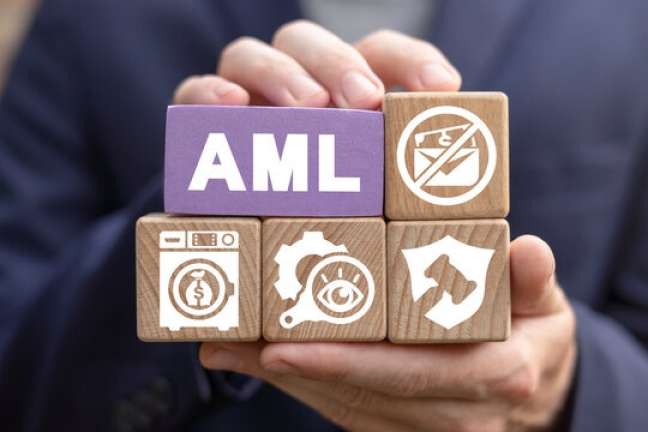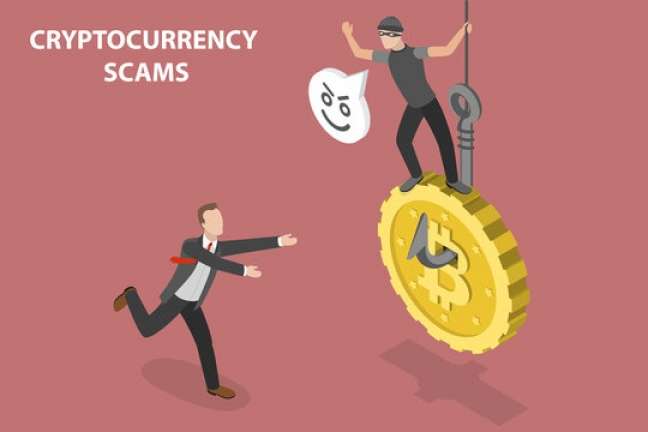Today’s online business is hard to imagine without chargebacks. In eCommerce, there are several reasons why chargebacks can be filed, and how to deal with each one will depend on the properly identified reason. For example, to combat fraud chargebacks, fraud prevention tools are best. But these tools may be useless when dealing with chargebacks caused by vendor error.
Due to the increase in chargebacks, many merchants have been looking to protect themselves against chargebacks and are turning to organizations that provide such services. Among the stated capabilities of these companies are numerous chargeback protection plans, insurance, and complete chargeback management, regardless of the cause. A large number of offerings suggests that many sellers don’t always understand all of these differences. Below, we’ll take a look at chargeback protection and prevention options and their pros and cons.
Contrary to the notion that a chargeback is something similar to a simple refund, a chargeback can cost your company much more than a regular refund. Often a chargeback is accompanied by additional fees and commissions, which can exceed the original transaction amount by 2 to 3 times.
Another disadvantage is that sellers often overlook the additional penalties for high chargeback rates. If it gets too high, the seller could face account blocking or deletion and other serious problems leading to business difficulties.
Considering these serious consequences, preventing and fighting chargebacks should be a priority for every online merchant. A comprehensive strategy as well as chargeback management software is required to work effectively in this area. Such software allows you to monitor current processes, prevent chargebacks, and resolve disputes and appeals.
Types of Chargeback Protection Services
There are three key types of chargeback protections in total. None of them can fully protect a merchant from chargebacks but combined, they can be part of a chargeback management strategy.
Many sellers already use chargeback protection services. This is because the service charge is often less than the potential loss from chargebacks. In addition, merchants often spend a great amount of time dealing with chargebacks, which can be invested in business development.
What Are Chargeback Alerts?
One of the most effective types of chargeback prevention is chargeback alerts. Such notifications are provided through the Verifi and Ethoca networks, which can suspend incoming chargebacks. Such actions allow the online merchant to respond instantly and provide a refund to the buyer.
The system works so that you are notified when the issuing bank opens a dispute on the provider’s network. The seller usually has no more than 24 hours to make a regular refund out of the chargeback.
Although the seller also loses money by making a refund, it’s probably a better option than getting a chargeback. As we said above, refunds don’t increase the chargeback rate, and a buyer who has already received a refund is unlikely to leave a negative review. It’s a good way to protect your business.
What Is Chargeback Deflection?
Another effective way is to deflect chargebacks. This is not a simple system that allows the issuing banks to integrate with the seller’s CRM system and get complete information about orders, transactions, and delivery details.
This method allows you to effectively deal with friendly fraud chargebacks that often occur due to misunderstandings, forgetfulness, or other reasons related to customers. Quite often, customers try to process a chargeback through the bank rather than through the seller because they didn’t recognize the seller’s ID on their bank statement, or they thought the seller charged them and disappeared because they didn’t know about the delays in shipments. By simply providing the necessary information to customers, the number of chargebacks can be significantly reduced.
There have been cases where the chargeback deflection feature has been able to detect and successfully fight chargebacks when the buyer claims the item was not delivered. The information the service provides to the bank shows proof of delivery, which lets the bank know that the buyer’s claim is illegal.
What Are Chargeback Guarantees?
Among chargeback protection services, you can often find chargeback guarantees. Many companies offer such services for an additional fee. The company promises to reimburse costs if a merchant receives a fraud chargeback. Such services use machine learning, transaction checking, and risk assessments to reduce chargebacks.
Not all merchants are aware that this type of chargeback protection has pitfalls. The fact is that chargebacks, for which they guarantee reimbursement, must have specific reason codes or amounts. In addition, the services charge additional fees, which increases the seller’s costs.
How to Choose the Best Chargeback Protection
Once you’ve learned what chargeback protections exist, the big question is: Which chargeback protections are right for your business? More often, this depends on the reasons you are receiving chargebacks. To do this, it’s important to analyze information about past chargebacks and understand their root causes.
By doing the analysis, you may be able to eliminate some of the reasons yourself, which may be due to merchant error. For other causes, it’s important to pick targeted tools, strategies, and solutions to reduce your overall chargeback rate as much as possible and protect your online business from additional risks.
You should also consider the fact that implementing some chargeback protection services requires certain technical solutions. For example, chargeback deflection services need to be integrated with the merchant’s CRM system in order for chargeback alerts to work effectively.
















